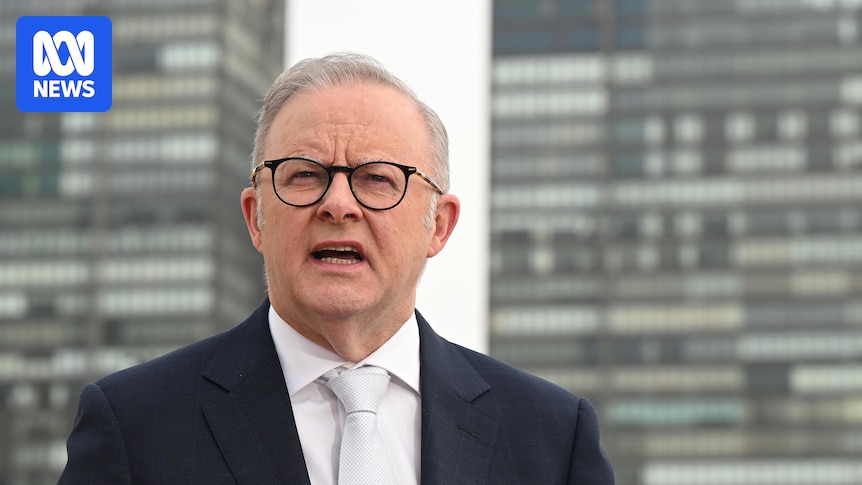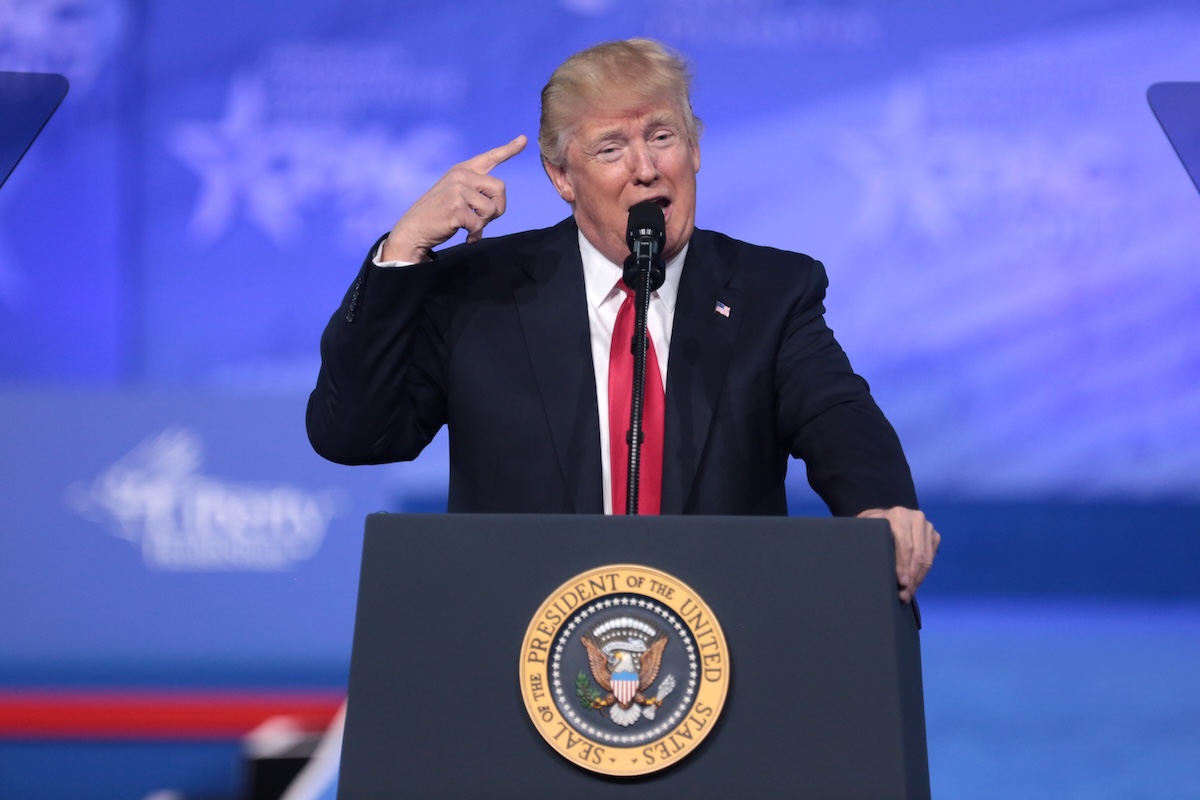
Prime Minister Anthony Albanese is set to make his inaugural address at the United Nations General Debate, marking a significant milestone in his political career. This comes amid a backdrop of global tensions and pivotal discussions on climate commitments.
Arthur Sinodinos, a former US ambassador and Liberal frontbencher, commented on the diplomatic landscape, suggesting that Australia’s move to recognize Palestine is not “fatal” to its relationship with the United States. He emphasized the importance of maintaining strong leader-to-leader relationships, noting that Donald Trump had previously adopted an “agree to disagree” approach with UK Prime Minister Keir Starmer over similar issues.
Albanese’s UN Debut and Australia’s Diplomatic Dynamics
Today’s address by Albanese is a notable event as it represents his first speech at the United Nations General Assembly. Historically, every Australian Prime Minister since John Howard has addressed the assembly, but Albanese had delegated this role to Foreign Minister Penny Wong since 2022. Wong’s previous addresses have set a precedent, and now Albanese steps onto the iconic green marble dais to continue Australia’s diplomatic engagement.
Meanwhile, the meeting between Albanese and Trump on the sidelines of the UN has captured media attention. The encounter, shared widely on social media, underscores the importance of the Australia-US relationship, particularly in discussions around AUKUS, regional security, and trade barriers.
Zelenskyy’s Warning and Global Security Concerns
As world leaders gather, Ukrainian President Volodymyr Zelenskyy delivered a stark warning about the escalating arms race, highlighting the threats posed by Russian drone incursions into neighboring countries. Zelenskyy emphasized the critical need for weapons to ensure peace and security, underscoring the limitations of international law without the backing of powerful allies.
“We are now living through the most destructive arms race in human history,” Zelenskyy said. “There are no security guarantees except friends and weapons.”
His remarks come as a reminder of the fragile security landscape and the ongoing need for international cooperation and support.
Australia’s Social Media and Climate Initiatives
On the domestic front, Communications Minister Anika Wells discussed Australia’s pioneering social media age restrictions for children under 16. This initiative has garnered international interest, with several countries considering similar measures. The eSafety commissioner has reached out to platforms like WhatsApp and Reddit to ensure compliance with the new regulations.
In a parallel development, Albanese welcomed China’s pledge to reduce carbon emissions by 7 to 10 percent by 2035, a significant step from the world’s largest emitter. At the UN Climate Summit, Albanese presented Australia’s ambitious target to cut emissions by 62 to 70 percent of 2005 levels by 2035, aligning with the Paris Agreement commitments.
“This target is ambitious, but importantly, it is also achievable,” Albanese stated.
Global Leaders and the Quest for Peace
As the General Assembly continues, leaders from Iran and Syria have made notable appearances. Iranian President Masoud Pezeshkian addressed the assembly, focusing on regional conflicts and asserting Iran’s stance against nuclear weapons. Similarly, Syria’s new leader, Ahmed al-Sharaa, called for the lifting of sanctions and emphasized Syria’s transformation from a crisis exporter to a peace opportunity.
“Syria is reclaiming its rightful place among the nations of the world,” Al-Sharaa declared.
These addresses reflect a broader effort by nations to reengage with the international community and seek resolutions to longstanding conflicts.
Conclusion: A Moment of Global Reflection
As Anthony Albanese prepares to address the UN General Assembly, the world watches closely. His speech is not just a personal milestone but a reflection of Australia’s role on the global stage. From climate commitments to diplomatic relations, the discussions at the UN highlight the interconnectedness of today’s geopolitical challenges. The outcomes of these engagements will shape international policies and alliances in the years to come.







